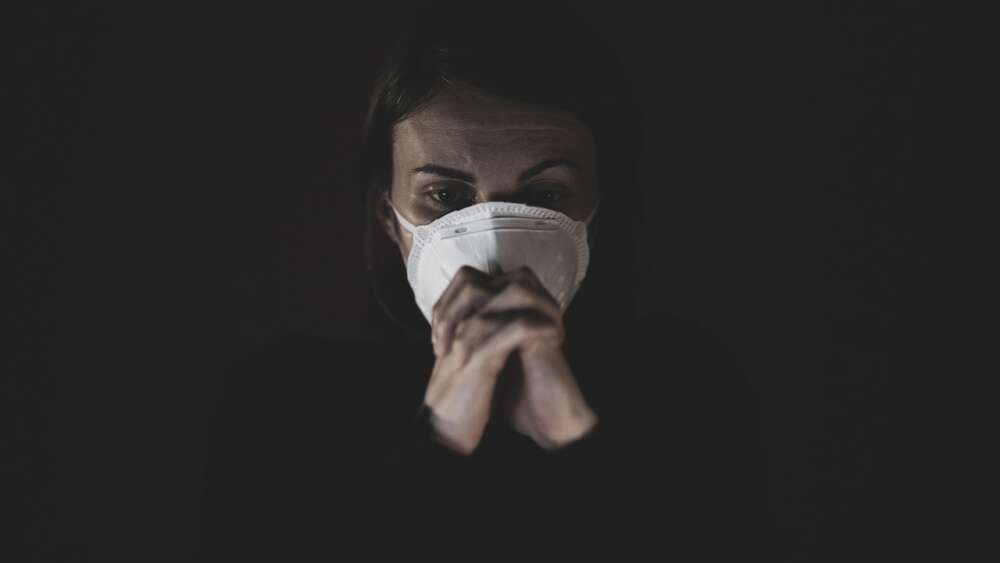Nearly three-in-ten Americans say their religious faith was strengthened as a result of the coronavirus pandemic last year, but the virus caused little change in the faith of the majority of people worldwide, according to a new report.
The data, released by Pew Research Centre last week, shows 28 per cent of Americans reported a stronger religious faith between June and August 2020, while 68 per cent saw no change.
Across developed countries, coronavirus did not lead to major changes in peoples’ faith. In Australia, just 10 per cent reported a stronger faith as a result of the pandemic, with 85 per cent of respondents saying their faith had not changed much. 97 per cent of Denmark respondents saw no change in their faith.
While the pandemic and related restrictions led to the closure of most in-person religious gatherings around the world, a relatively small number of people said their faith had been weakened.
On average across the 14 countries included in the study, only three per cent of the 14,000 people surveyed said their faith had weakened as a result of coronavirus. 85 per cent reported no change, while 10 per cent experienced growth.
“Perceptions about the pandemic’s influence on faith are tied to people’s own levels of observance,” the report’s authors said. “Those who are more religious are more likely than their less religious compatriots to say COVID-19 has strengthened their faith and that of others in their country.”
While the research, which was released as part of Pew’s Summer 2020 Global Attitudes Survey, paints a plain picture of religious growth around the developed world, local research suggests Australians overall became more interested in spirituality and faith as a result of experiences during the pandemic.
Close to one-in-two (47 per cent) of Australians “thought about their morality more” in 2020, while one-in-four engaged in more prayer and spiritual conversations (28 and 26 per cent respectively) because of Covid-19, according to Australian research firm McCrindle.
Email This Story
Why not send this to a friend?


